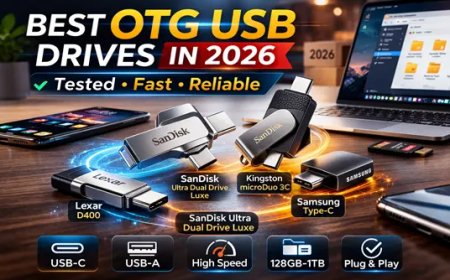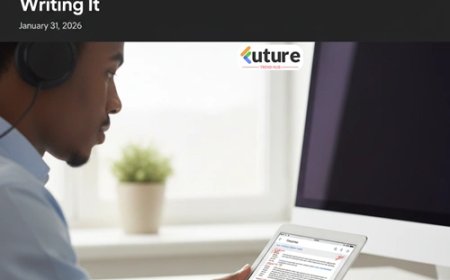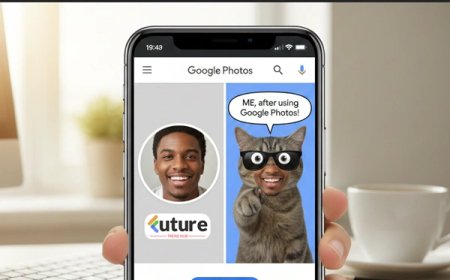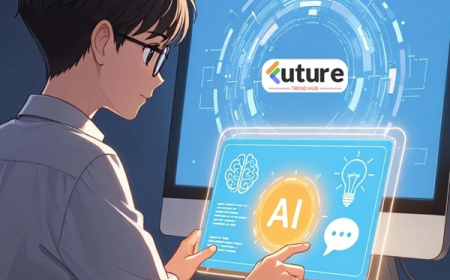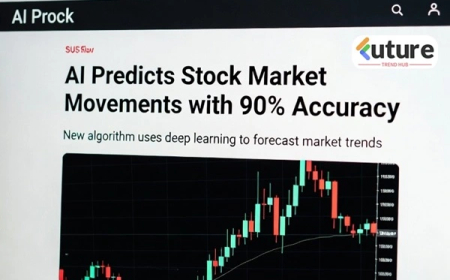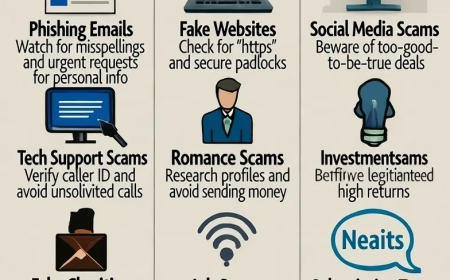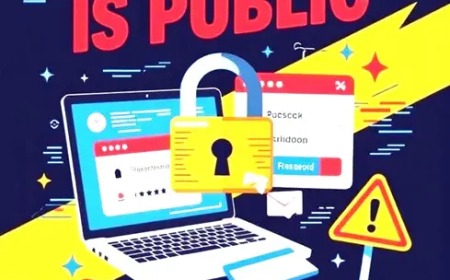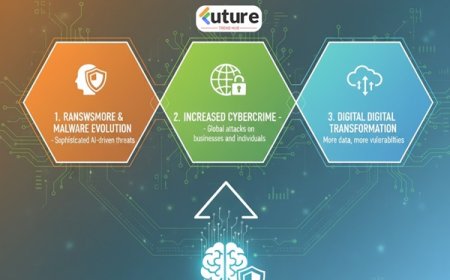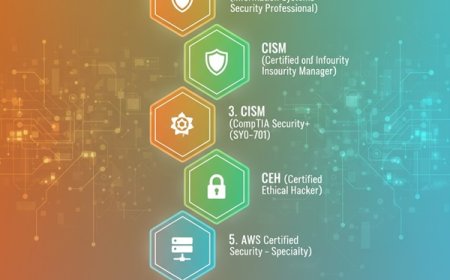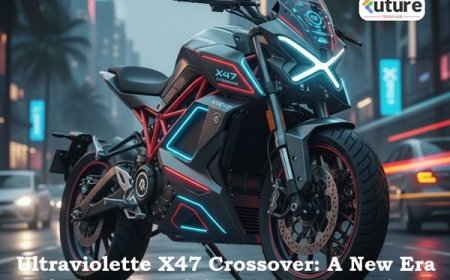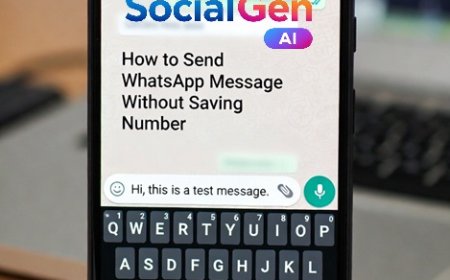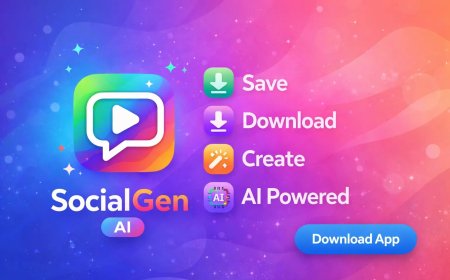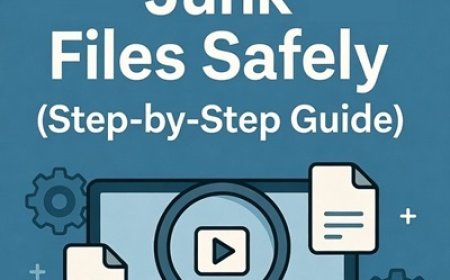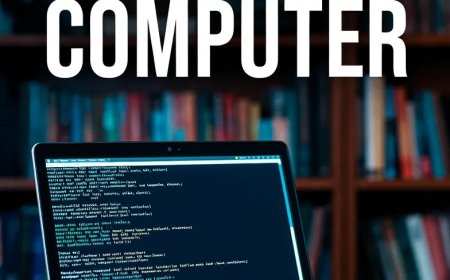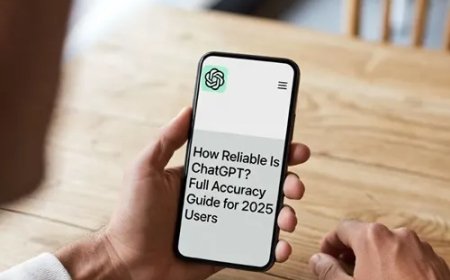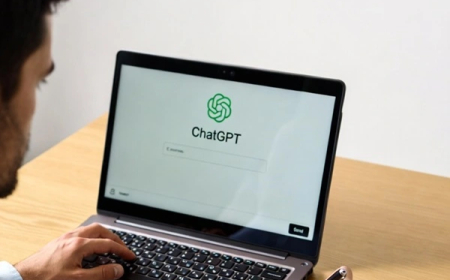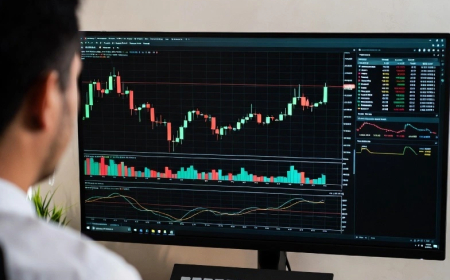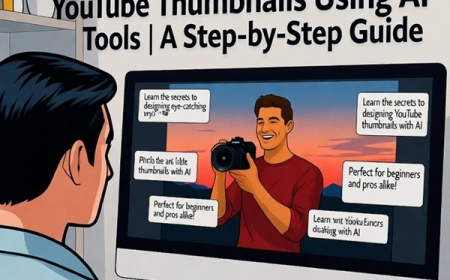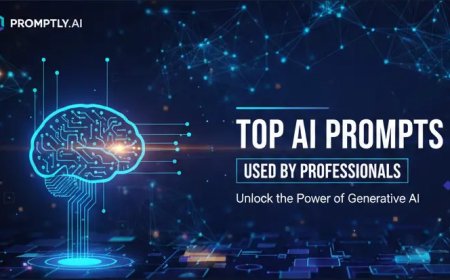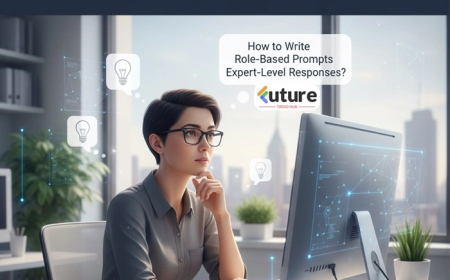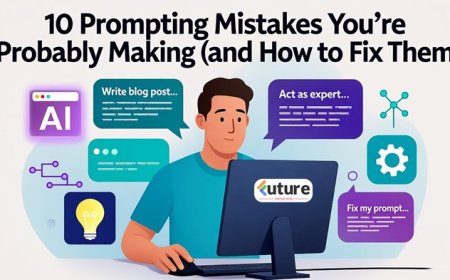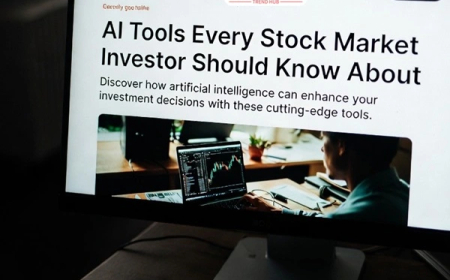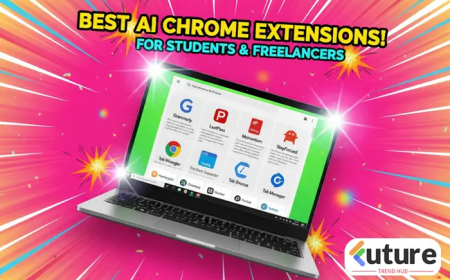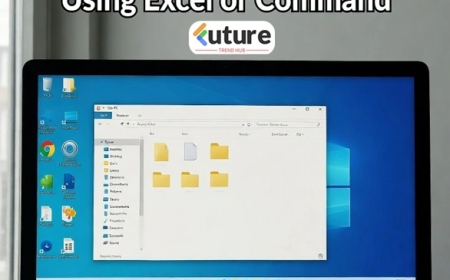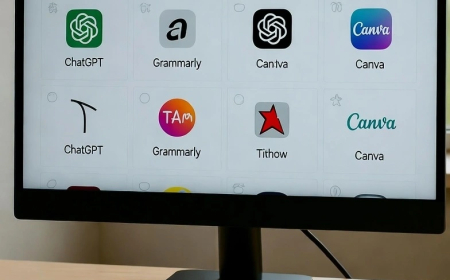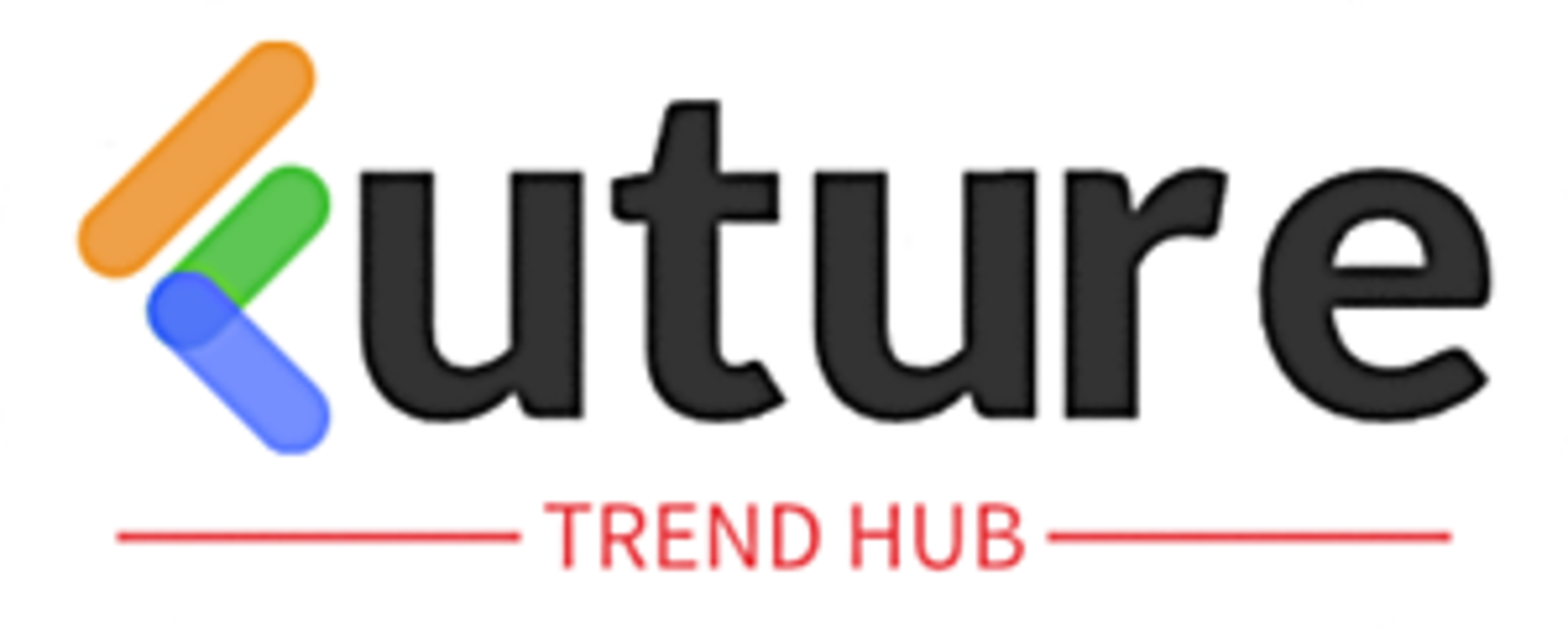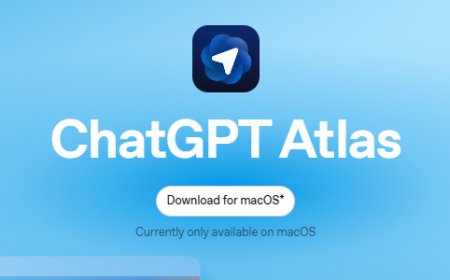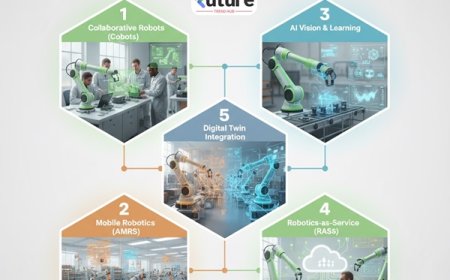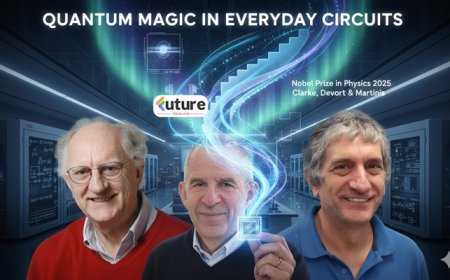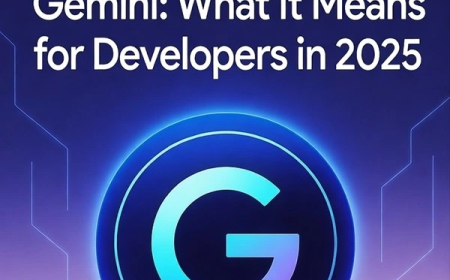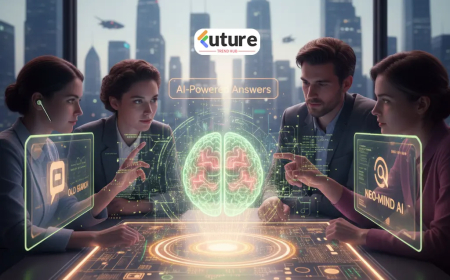How AI is Changing Work and Learning in 2025 | Future of Skills
Discover how AI is transforming workplaces and education — boosting creativity, productivity, and lifelong learning in the digital era.
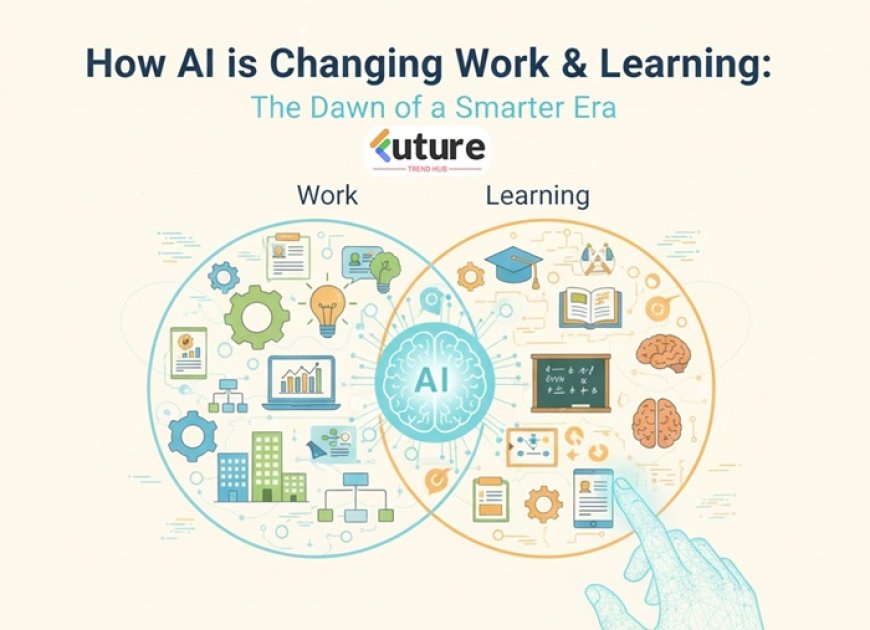
How AI is Changing Work & Learning: The Dawn of a Smarter Era
Not long ago, the idea of having an AI assistant at work or school sounded futuristic — something straight out of a sci-fi movie. But here we are in 2025, living that very future. Artificial Intelligence isn’t just a buzzword anymore; it’s the quiet revolution reshaping how we work, learn, and grow.
Let’s take a closer look at how AI is transforming not just tasks, but mindsets — turning workplaces and classrooms into smarter, more adaptive ecosystems.
💼 AI at Work: From Automation to Augmentation
For years, people feared AI would replace their jobs. And yes, automation did take over repetitive roles — data entry, scheduling, report generation, and customer support.
But here’s the twist: AI isn’t replacing humans, it’s enhancing them.
Imagine a project manager who once spent half her day juggling emails and spreadsheets. Now, AI tools summarize meetings, draft follow-ups, and even predict project risks before they happen. She’s not working harder anymore — she’s working smarter.
AI is now:
-
Automating mundane tasks so humans can focus on creativity.
-
Offering insights that guide real-time decision-making.
-
Enabling personalization in every role — from marketing to HR to design.
According to a 2025 report by McKinsey, over 60% of professionals say AI has made them more productive and creative, not less valuable. That’s the real shift — from replacement to empowerment.
🎓 AI in Learning: The End of One-Size-Fits-All Education
Remember how traditional education worked? Everyone sat in the same classroom, with the same textbook, learning at the same pace.
Now, imagine an AI tutor that understands your strengths, weaknesses, and learning style — like a digital mentor that adjusts lessons in real-time.
That’s what AI-driven education is doing today:
-
Personalized Learning: Adaptive platforms like Khanmigo, ScribeSense, and ChatGPT Edu customize lessons for every learner.
-
Real-Time Feedback: Students receive instant explanations instead of waiting days for a teacher’s review.
-
Skill-Based Learning: AI helps identify which future skills a student should focus on — from coding to critical thinking.
For teachers, AI isn’t a threat — it’s a partner. It takes over grading, data analysis, and lesson planning, freeing educators to do what only humans can: inspire.
🚀 The New Skills of the AI Era
The rise of AI isn’t just changing how we work — it’s redefining what we need to know.
The most in-demand skills in 2025 are no longer just technical. They’re a mix of human and digital:
-
AI Literacy: Knowing how to use AI tools effectively.
-
Critical Thinking: Understanding when to trust AI — and when not to.
-
Creativity: Using AI to amplify imagination, not limit it.
-
Emotional Intelligence: Leading with empathy in a tech-driven world.
As one LinkedIn Learning study put it, “AI won’t replace you, but someone using AI will.”
🌍 A Future of Continuous Learning
AI is turning the 9-to-5 mindset into a “learn-for-life” model.
Upskilling is no longer a yearly event — it’s a daily habit.
Platforms like Coursera, Udemy, and Microsoft Learn are using AI to recommend personalized courses based on your job role, interests, and performance.
The result? People are no longer learning for jobs — they’re learning with their jobs.
🧩 Challenges on the Horizon
Of course, it’s not all perfect.
AI raises serious questions about:
-
Data privacy and bias in educational models.
-
Job displacement in low-skill sectors.
-
The risk of over-reliance on automation.
That’s why digital ethics and responsible AI usage have become as important as coding or communication skills.
🌟 Final Thoughts: Humans and Machines, Learning Together
AI is not here to outsmart us — it’s here to partner with us.
It’s redefining what it means to be skilled, creative, and adaptable.
In the coming years, the most successful professionals and learners won’t be those who resist AI — but those who learn with it.
Because the future of work and education isn’t man versus machine — it’s man with machine.
What's Your Reaction?
 Like
0
Like
0
 Dislike
0
Dislike
0
 Love
0
Love
0
 Funny
0
Funny
0
 Angry
0
Angry
0
 Sad
0
Sad
0
 Wow
0
Wow
0
